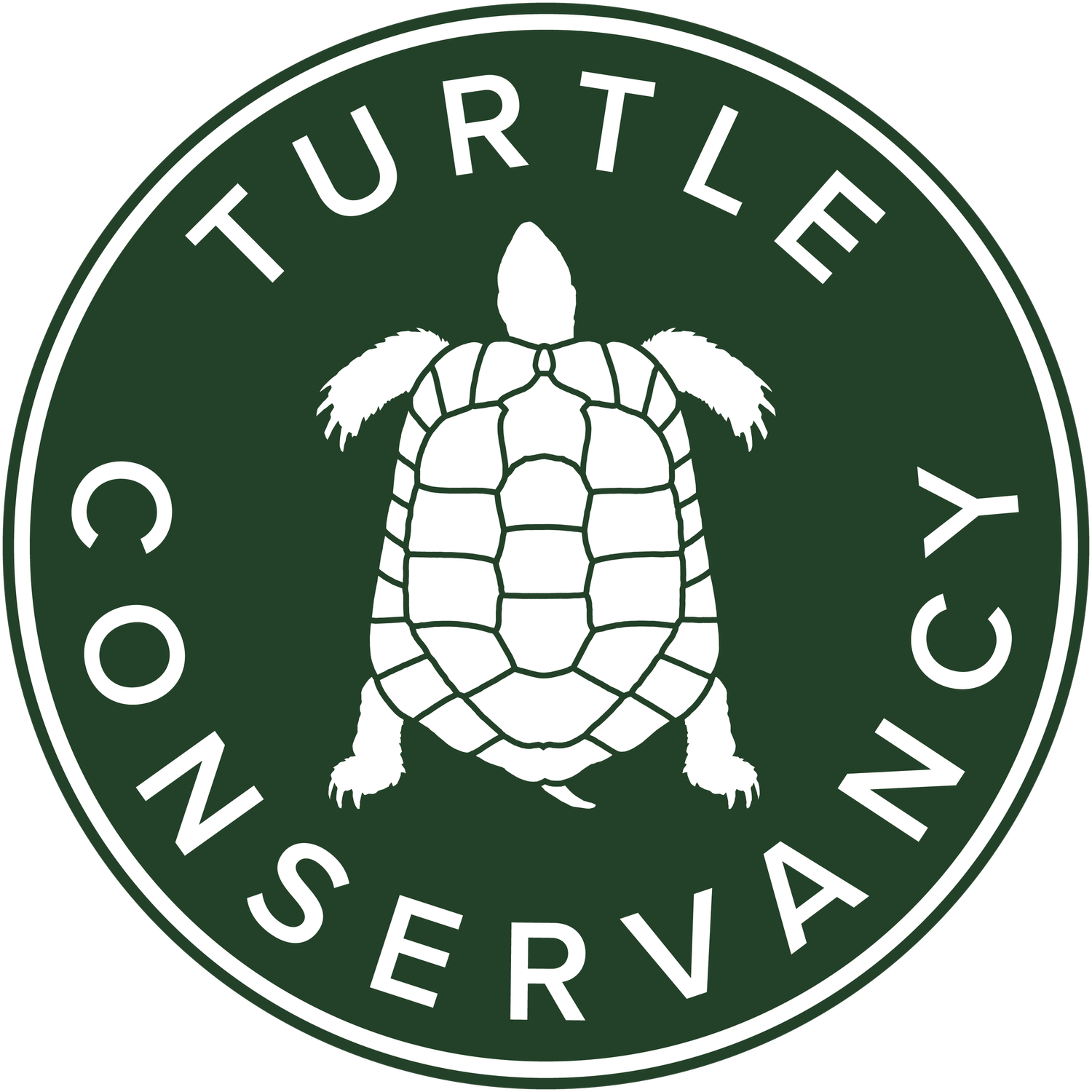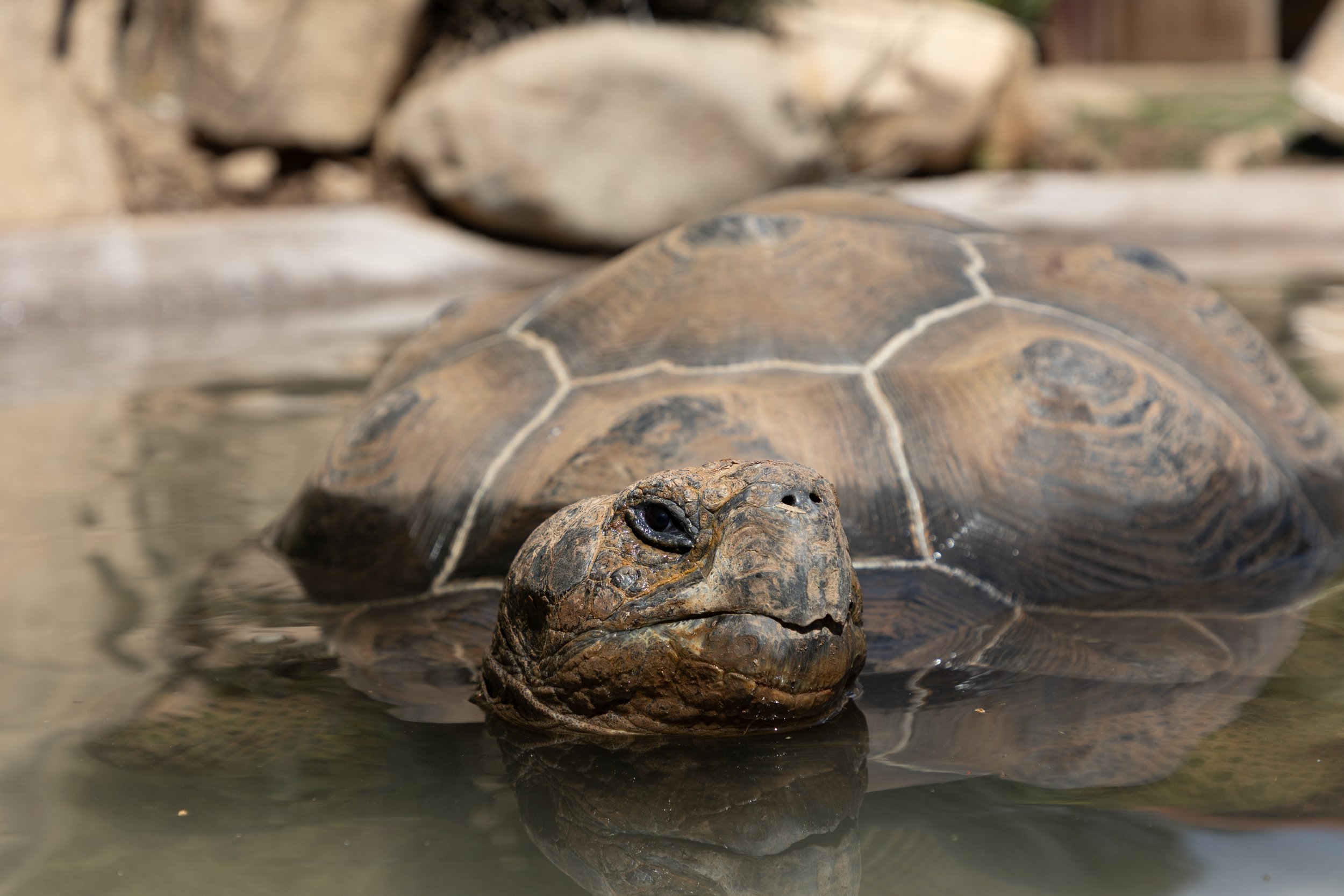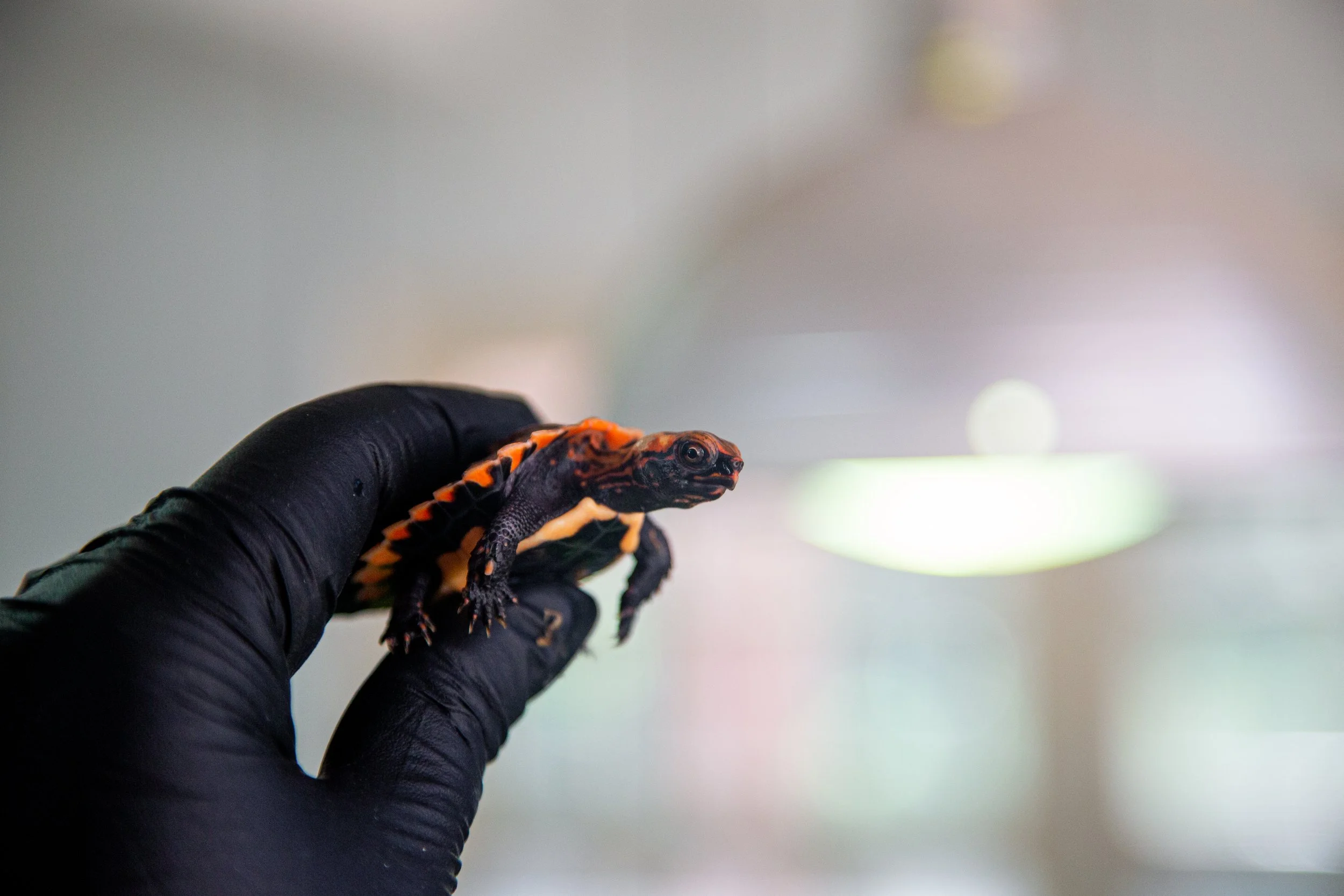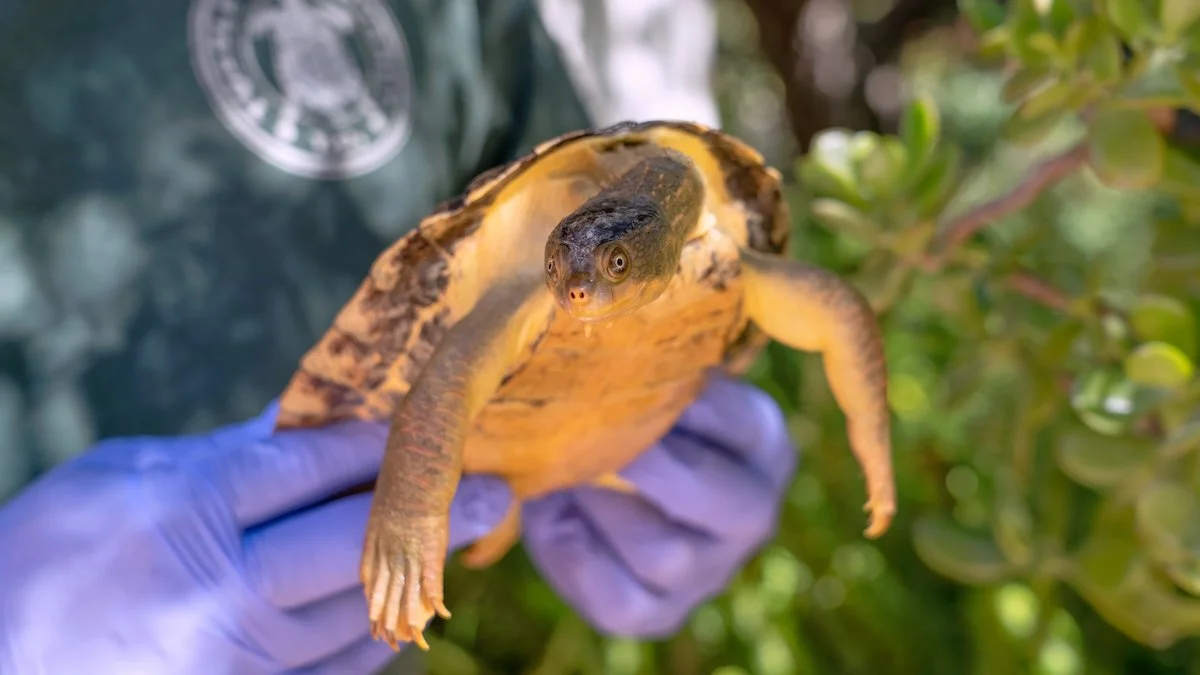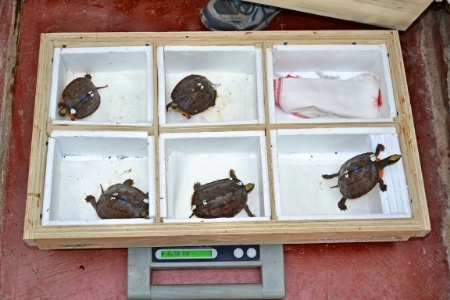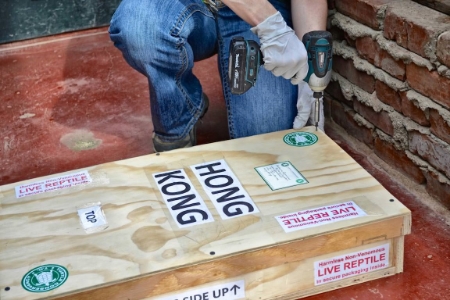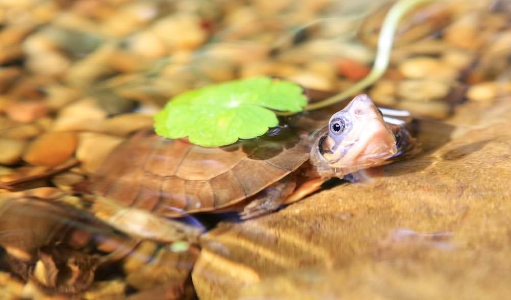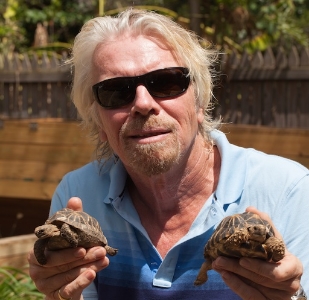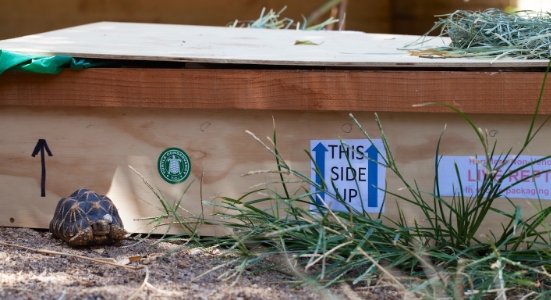Conservation Center
Our conservation breeding program now includes 32 species of turtles and tortoises, 12 of which are on the "Top 40 Most Endangered" list, according to the International Union for Conservation of Nature's Tortoise and Freshwater Turtle Specialist Group.
Over the past 10 years, the TC has supported researchers, ecologists, conservationists, naturalists, students, and artists. Many of the world's leading authorities on turtles and tortoises have spent time on the campus learning about the husbandry, genetics, and natural history of these incredible animals. Many influential artists and wildlife photographers have also engaged with our collection to help promote chelonian conservation. Similarly, students from all over the world have been funded or sponsored by the Turtle Conservancy to participate in ex situ turtle and tortoise conservation.
Global Assurance Colonies
The TC is laying the foundation for assurances colonies all across the globe. Many of the species we hatch out cannot be returned to the wild due to political unrest, concerns over habitat destruction, and the ever constant threat of poaching.
By partnering with individuals and organizations, we have begun sending new generations of turtles and tortoises to other semi-wild facilities. This is done to establish additional assurance colonies in case disease, environmental disaster, or poaching should compromise one of the existing populations in the wild or captivity. So far we have experienced amazing success with our partners, including Kadoorie Farms (Hong Kong) and Necker Island (Caribbean). We are looking to expand these assurance colonies to include more species due to the extraordinary reproductive success of our current collection.
Research
The TC prides itself on its participation in ex situ conservation. We are constantly looking to improve husbandry techniques and reproduction through thoughtful care and new technologies. Often, this is coupled with data we gather from field sites in our animals' natural range. Currently, the TC is engaged in several studies, parterning with local universities, zoos, and our global wildlife partners.
Interns
The Turtle Conservancy welcomes a small number of high school, undergraduate, graduate, and veterinary interns each year. Ideally, applicants show strong interest in animal ecology, conservation, and nonprofit management. We request a minimum of a 4-week internship, with the expectation our interns complete a research project and present it in their last week. Minimum age is 18 years old, although exceptions can be made for those demonstrating exceptional ability with strong experience in animal care or field of interest.
Interested individuals should submit their CV and a cover letter expressing their area of interest in the Turtle Conservancy. Please email these to us by clicking here.
Volunteers
Volunteers are needed to aide in animal care, data entry, web design, graphic design and video/photography projects. Volunteers with special skills - carpentry, fire/safety, medicine, or photography should make it clear in your application and email. Please be clear your hours of availability, transportation ability, and location. Volunteers are expected to make a 6-month minimum committment (10 hours/month minimum).
Please email a cover letter and resume to us by clicking here.
